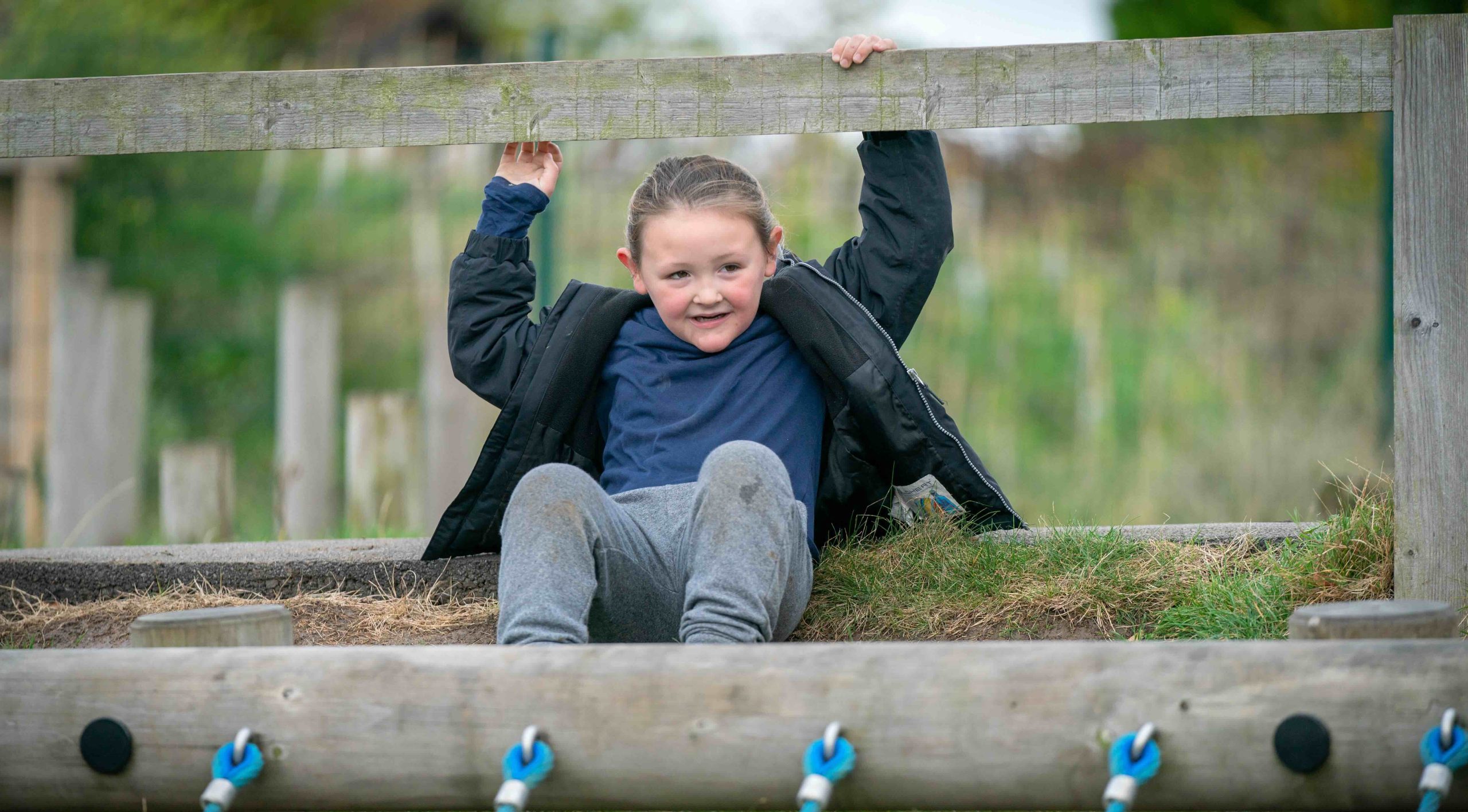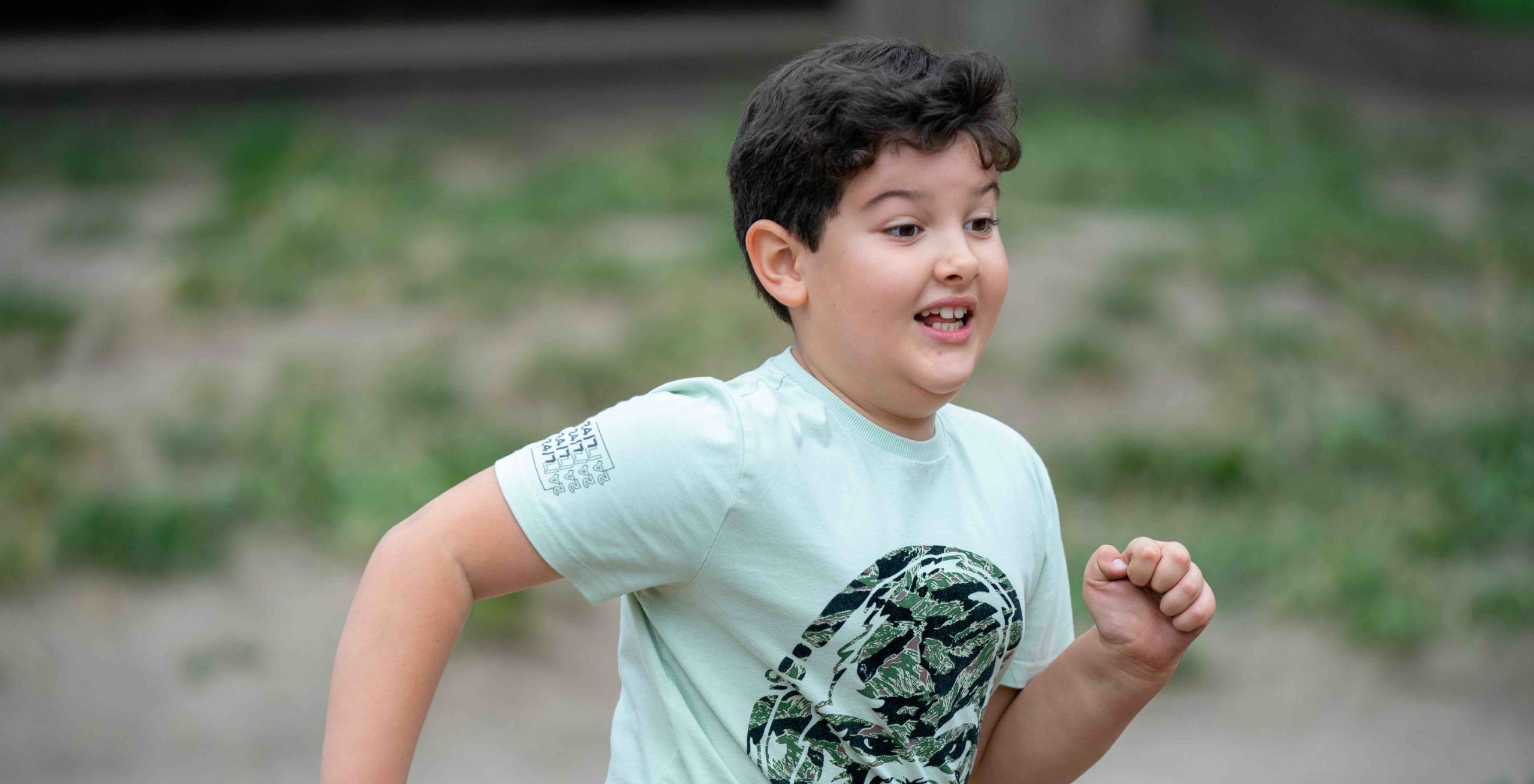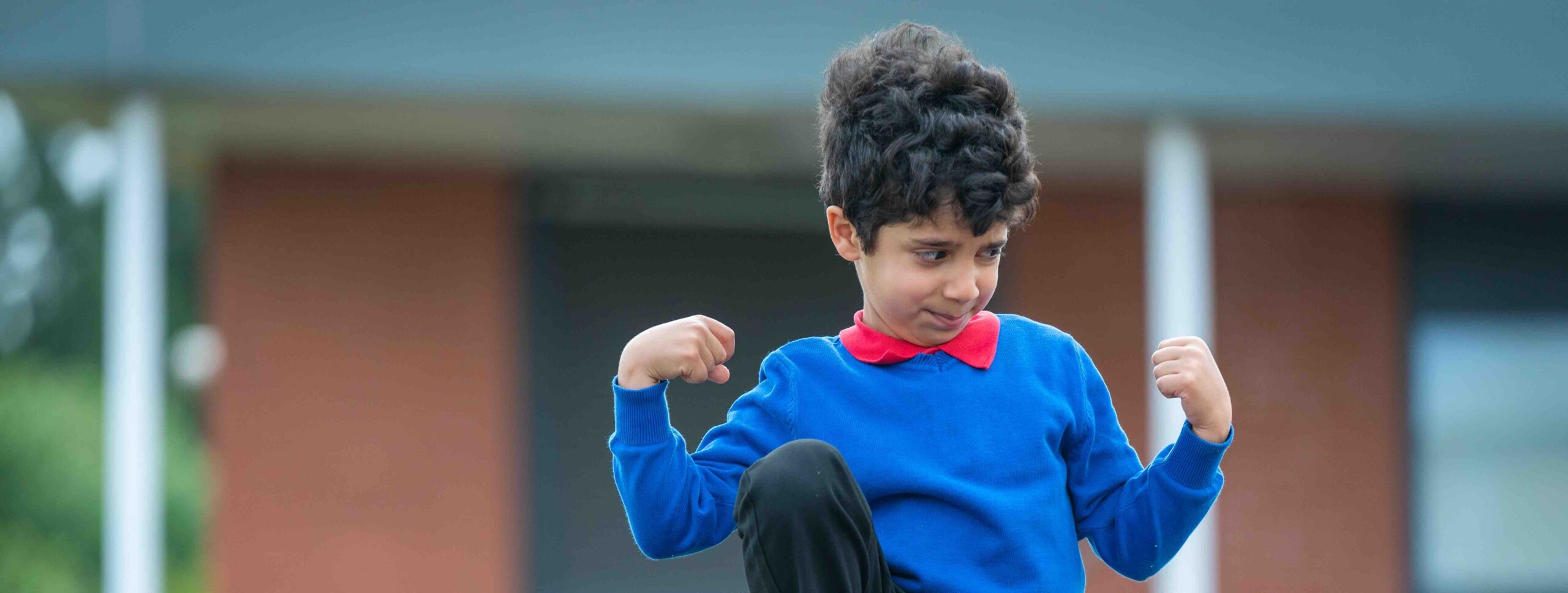All about play
Different ways children play
Whatever their age, children play in lots of different ways. Play can be creative and imaginative, quiet or noisy, sociable or solitary, calm or chaotic.
Children play in different ways at different ages and stages in their lives – but it’s not straight line! They may go back and forward between things they have enjoyed. Other things change their play, too – for example, who they are playing with, the sort of stuff they have around, where they are playing and how they are feeling. Neurodiversity and other developmental differences may mean children’s play looks or feels a bit different but that’s okay too.
You can’t always see the benefits your child is getting from their play, so it’s good to help them play in as many different ways as possible.
Playing for babies
In the early days, play helps stimulate your baby’s senses of sight, hearing, smell, touch, taste. It stimulates their movement, too. Playing games with your baby like peek-a-boo, singing to them, and giving them things to hold and grab all help their brain develop.
As your baby becomes more mobile, they will want to roll, crawl and move around. Babies use their whole bodies to learn about themselves, other people, and the world around them.
Playing for toddlers
Toddlers are naturally curious. Things that are new and different grab their attention. Through their bodies and senses they find out more about their world. They usually enjoy learning about the world by being active – splashing, paddling and getting messy.
Your toddler may look for opportunities to balance, climb, and hide. This kind of activity helps your toddler learn about their body and what it can do.
Playing for three to five year olds
Young children enjoy being outside. Your child may like exploring their world, walking and running around in long grass, bushes and trees. They may enjoy playing with the elements – playing in the rain, digging in sand, running in the wind and watching a fire.
Making things with building blocks, fabric and cardboard boxes helps young children develop co-ordination and learn about size and shapes. Knocking things down, throwing things away and taking things apart can be fun and children learn when they do this, too.
Playing for five to eight year olds
Children of this age may start to take part in more structured activities and clubs. Try to give your child plenty of opportunities to choose when, how, and what they play and who they play with.
This is the age when you may start to see your child's imagination blossom. They may enjoy fantasy play, funny stories, ridiculous jokes and puns. You can support this by having a selection of clothes for dressing up or junk for making models, looking at books together and simply entering into the fun of make believe.
You may also see them enjoying rough and tumble play with their friends. This type of play helps your child learn about the strength of their own body, as well as learning about how to play with other children.
Your child will probably want to be more independent. Walking to and from local shops, school and parks with them gives you an opportunity to talk about how to keep safe. It’s great if you can come up with solutions together.
Playing from eight to twelve years old
Children continue to be very creative at this stage – for example, making up songs and dances and wanting to build and make things.
Your child may enjoy challenging activities as a way of testing themselves. It can be a way of testing their limits – and yours, too.
Your child may like to be out and about with their friends. They may now want - and be allowed - to go further away from home.
Read our top tips for preparing your child to play outside safely and confidently
Playing for teenagers
Friends and other people their own age are important to teenagers and they may want to get together and hang out in parks and other public places.
Teenagers often play with their identity. They may experiment with fashion and hair styles and explore different types of music.
Online relationships are an important part of how teenagers develop. Teenagers often use social media to stay in touch with their friends, make plans and feel connected. Having conversations with them about safety and appropriate behaviour online, just as you do offline, is important.
Find out more about supporting teenagers’ play
Find out more about play that includes every child
Find out more about gender friendly play













